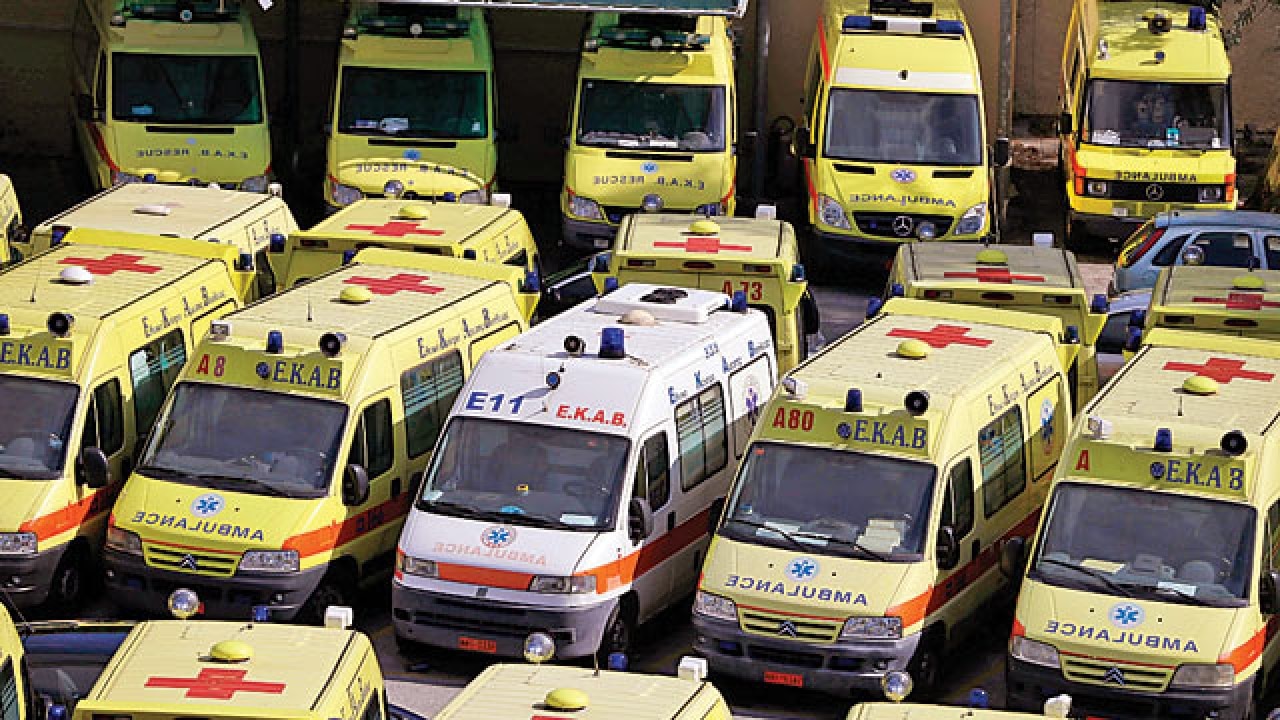
The times we live in can be described at best as the age of extremes, where inequity in health outcomes, gender relations, living conditions and budgetary allocations add in concert to fuel unrest in different sectors. Global health requires a deeper diplomatic perspective of how national economies are programmed and structured and what it means when implemented at grass-roots levels. It is very clear that the recent decades have seen progress in life expectancy around the world due to the improvement noted in medico-technological advancements, political will and administrative reforms that have taken place to mainstream global health and ensure improved outcomes. But in the wake of all these movements which have pushed humanity forward, have we ended up compromising global health futures?
Global health has seen the introduction of terms like sustainability, which has by itself undergone revisions since the Nineties. Sustainability in the early Nineties meant durability of a health programme and sustainability in the mid 1990s was built on mechanisms of participatory democracy and good governance. Meanwhile, the concept underwent further revisions in the new millennium, when it simply meant empowerment and betterment.
Human progress has shaped global health, but thanks to the rampant exploitation of natural reserves, we run the risk of destroying what has been built and have become victims of a rapidly deteriorating system bereft of values. Pollution has become a daily experience which introduces a battery of health hazards. Pollution is the fruit of industrial fumes, vehicle emissions, acidification of water, toxic gases, insecticides and smoke in general.
Concentration of greenhouse gases is speeding up the concerns of global warming, which, in turn, is affecting human health. Climate change is leading to a rise in vector-borne diseases, respiratory ailments and sea levels, and also increasing the number of natural disasters, besides disrupting flora and fauna. The arrogance of countries like the US to commit to climate action and the vulnerability of poorer nations will leave an impact which will greatly affect the health of generations to come. Scarcity of water will not only affect sanitation standards, but would also increase the cost of food and other products dependent on the same.
Cuba, a small country, has managed to achieve desired health outcomes in spite of American sanctions all these years, but India has not been able to deliver a health system which becomes inclusive of all Indians until now.
The World Health Organization branded India as the most depressed country in the world some years ago and China’s one-child policy was a radical experiment gone wrong, which has led China on the road to eternal self-destruction. Time and again, the world is affected by emerging and re-emerging diseases like Ebola, Zika, H1N1, etc, which often becomes a watershed moment in a development telltale. The bonds of integration and social cohesion are being destroyed due to urban chaos, which has robbed tomorrow of its joys.
Global health asymmetry affects not only individuals, but entire nations. It pushes policymakers to consider the ethics of international health diplomacy. Time and again population growth is cited as a reason for depleting reserves, but commercial imbalances and selective consumerism are tactfully left out.
What the world needs today is not to be governed by numbers or by cold statistics, but by unmatched passion and confidence in the capacity of human beings, ordinary workers in the development sector to change the course of history. What global health needs today is not seeing patients as case numbers, but by the viewing every single human being through the lens of a social collective, an inclusive social collective.
The author is CEO, Center for Health and Development (CHD Group), Mangaluru, and Member, Health Task Force, DDMA, Government of Karnataka